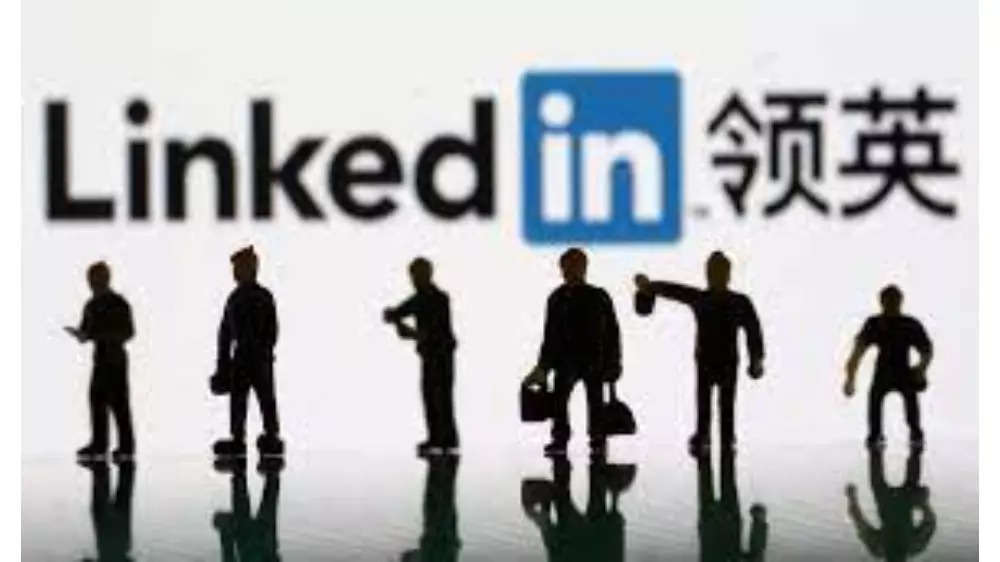Linkedin: LinkedIn scams: How scammers are targeting job seekers – Times of India
According to a report by NordLayer, a network security solution for businesses, fake job offers and phishing scams are on the rise on LinkedIn. It also said that half of the businesses (56%) globally have experienced at least one LinkedIn scam this year.
The report (via news agency IANS) said that a fake job offer is the most popular scam (48%) and a damaged reputation (48%) was the leading outcome of LinkedIn scams. About 45% of the companies said that they are aware of a scam on LinkedIn using their organisation’s brand name.
“The primary function of LinkedIn – building a career – introduces one of the most common LinkedIn scams, fake job offers. With 117 job applications submitted per second on the platform, fraudsters have an ideal environment for creating a legitimate-looking job posting to collect personal information or money,” the report said.
Company impersonation for the con
LinkedIn is also seeing phishing being a popular scam, wherein a con actor impersonates a well-known company or professional using fake profiles to send unsolicited messages or emails that ask for sensitive information.
“Also, receiving an invitation to connect is common on the platform. Fraud actors use this connection culture to start a conversation and share a link with malicious content expecting LinkedIn users will click on it,” the report added.
The scams fall under two main categories: One is targeting individuals or pretending to be LinkedIn users and the other is on a company level. In the second type of scam, a scammer operates under a false organisation pretext or impersonates an existing company to build more credibility.
The least active scam outreach was noticed in small companies and 52% of respondents confirmed that no one in their organisation had such an experience.
window.TimesApps = window.TimesApps || {}; var TimesApps = window.TimesApps; TimesApps.toiPlusEvents = function(config) { var isConfigAvailable = "toiplus_site_settings" in f && "isFBCampaignActive" in f.toiplus_site_settings && "isGoogleCampaignActive" in f.toiplus_site_settings; var isPrimeUser = window.isPrime; if (isConfigAvailable && !isPrimeUser) { loadGtagEvents(f.toiplus_site_settings.isGoogleCampaignActive); loadFBEvents(f.toiplus_site_settings.isFBCampaignActive); } else { var JarvisUrl="https://jarvis.indiatimes.com/v1/feeds/toi_plus/site_settings/643526e21443833f0c454615?db_env=published"; window.getFromClient(JarvisUrl, function(config){ if (config) { loadGtagEvents(config?.isGoogleCampaignActive); loadFBEvents(config?.isFBCampaignActive); } }) } }; })( window, document, 'script', );
For all the latest Technology News Click Here


